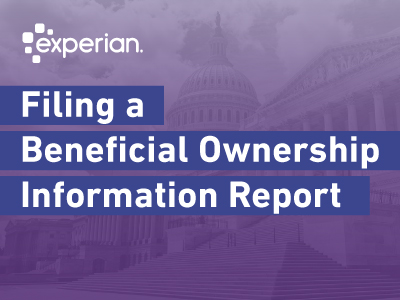This week Andrew Flior, Attorney with legal practice Snell & Wilmers contributes a guest post to Small Business Matters about basic IP protection for start-ups. This post originally appeared in the print edition of the Orange County Business Journal.
Intellectual property (IP) forms the backbone of many start-up companies. Your ideas and works need to be protected, whether your start-up is a high-tech software, medical device, or biotech company, or a simple shop selling unique consumer products online. The failure to seek IP protection may put your start-up at a competitive disadvantage and could reduce your company’s valuation. Thus, here are some basic IP tips to guide your start-up.
Copyrights
- Just because a graphic, video or other content is on the internet, does not mean it is free to use. Use content you own, have licensed, or content you are certain is in the public domain.
- Make sure you have written agreements assigning any copyrights from independent contractors who work for you. Employees’ works may automatically vest to you under a “work for hire” doctrine; however, works of independent contractors should be assigned over to you in writing.
- Register your work with the U.S. Copyright Office. Registration bestows many benefits including statutory damages for infringement of your work and the possibility of recovery of your attorney’s fees.
Trademarks
- When selecting a trademark, check with the U.S. Trademark Office for prior registered trademarks, as well as prior unregistered trademarks. Unregistered trademarks may enjoy “common law” trademark rights that could preclude your use of a similar trademark and impede your attempt to register your own trademark.
- Register your trademarks with the U.S. Trademark Office. Registration provides benefits including nationwide priority of use of your trademark, as well as the possibility of statutory damages for counterfeits of your trademark. Registration may also prevent a third party from registering a similar trademark.
- Apply to register your trademark promptly. You may file for a trademark registration prior to your actual use of the trademark under an “intent-to-use” filing. The “intent-to-use” filing may give you priority over third parties as of the date you file your trademark registration application.
Patents
- Be expeditious in filing your patent applications. The United States converted to a “first to file” system in which the first party to file a patent application may have the patent rights to that invention. The United States allows for a “provisional” patent application, which is a more informal patent application that may preserve your filing date ahead of others.
- Make sure you have written agreements assigning any patent rights from independent contractors who work for you. Patent rights initially vest in the “inventors” of the patented invention and that ownership should be transferred in writing.
- Patent rights are not limited to new functions of machines or unique processes. Rather, a type of patent called a “design patent” may cover the ornamental appearance of articles of manufacture, which may include clothing, products, product packaging, furniture and webpages, among others. Design patents may prevent direct “knock-offs” of the appearance of your products.
Trade Secrets
- Maintain confidentiality agreements and other secrecy controls over those who have access to your trade secrets. Your trade secrets may be maintained by efforts that are reasonable under the circumstances to maintain their secrecy.
- Remember that trade secrets are often broadly defined to include formulas, patterns, compilations, programs, devices, methods, techniques or processes. Thus, your “secret sauce” may extend to methods of doing business, customer lists and internal software processes, among others.
Conclusion
This list is not comprehensive, however it does provide a foundation of basic knowledge you may need when operating your start-up. Some knowledge today may help guide your start-up and its valuation tomorrow.
About Snell & Wilmer’s Intellectual Property and Technology Practice
Snell & Wilmer’s intellectual property and technology team advises clients on protecting their intellectual property and avoiding infringement. The full-service nature of our patent and trademark practice—from preparation and prosecution to litigation and inter partes review proceedings—allows us to have a wider “field of vision” when advising our clients. Our intellectual property attorneys are ready to engage as necessary, in litigation and other forms of dispute resolution, to enforce our clients’ intellectual property rights and defend them against the assertion of intellectual property rights by others. For more information about Intellectual Property and Technology visit www.swlaw.com/services/intellectual-property-and-technology.
Andrew Flior‘s practice is concentrated in intellectual property protection and litigation. He has experience in preparing and prosecuting patent applications in a variety of industries, including financial services and technologies, medical devices, software and business products, and mechanical devices. In addition, Andrew has experience in preparing and prosecuting trademarks, performing due diligence work related to the possible purchase of patents, preparing infringement and validity opinions, and has counseled clients on patent strategies and how to best maximize a patent portfolio budget. He has litigation experience in patent and trademark matters at the U.S. District Court level, and in patent matters before the International Trade Commission.
*This article was first published in the Orange County Business Journal.


